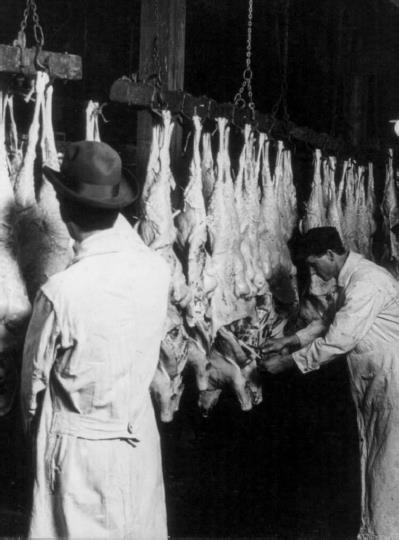The Fuller Court (1888–1910)Labor |
In what decision did the Fuller Court rule that aliens can recover property in the United States? |
The Fuller Court ruled 8–0 in De Geofroy v. Riggs (1890) that French citizens can inherit property in the District of Columbia. The issue arose after T. Law-rason Riggs, a U.S. citizen, died without a will in the District of Columbia. Several of his nieces and nephews were French citizens. The issue arose because a dispute arose as to whether the nieces and nephews could recover because they were aliens or whether the entirety of the deceased’s estate would go to his American siblings. The nieces and nephews petitioned for a share of the estate. Lower courts denied their claims, saying they could not recover because they were not U.S. citizens.
On appeal, the U.S. Supreme Court phrased the legal question as: “Can citizens of France take land in the District of Columbia by descent from citizens of the United States?” The Court, in an opinion written by Justice Stephen Field, answered yes, relying on an 1853 treaty between the United States and France that provided in part: “In all the states of the Union whose existing laws permit it, so long and to the same extent as the said laws shall remain in force, Frenchmen shall enjoy the right of possessing personal and real property by the same title, and in the same manner, as the citizens of the United States.” The treaty further provided that in those states that do not allow French citizens to inherit property, “the President engages to recommend to them the passage of such laws” as are necessary to entitle French persons to inherit such property.
One problem remained for the French nieces and nephews: their uncle’s estate was located in the District of Columbia, which is not a state. The U.S. Supreme Court addressed that problem by reasoning that the intent of the treaty was to provide French citizens the right to inherit property throughout the entire United States, of which the District of Columbia most certainly was a part.

